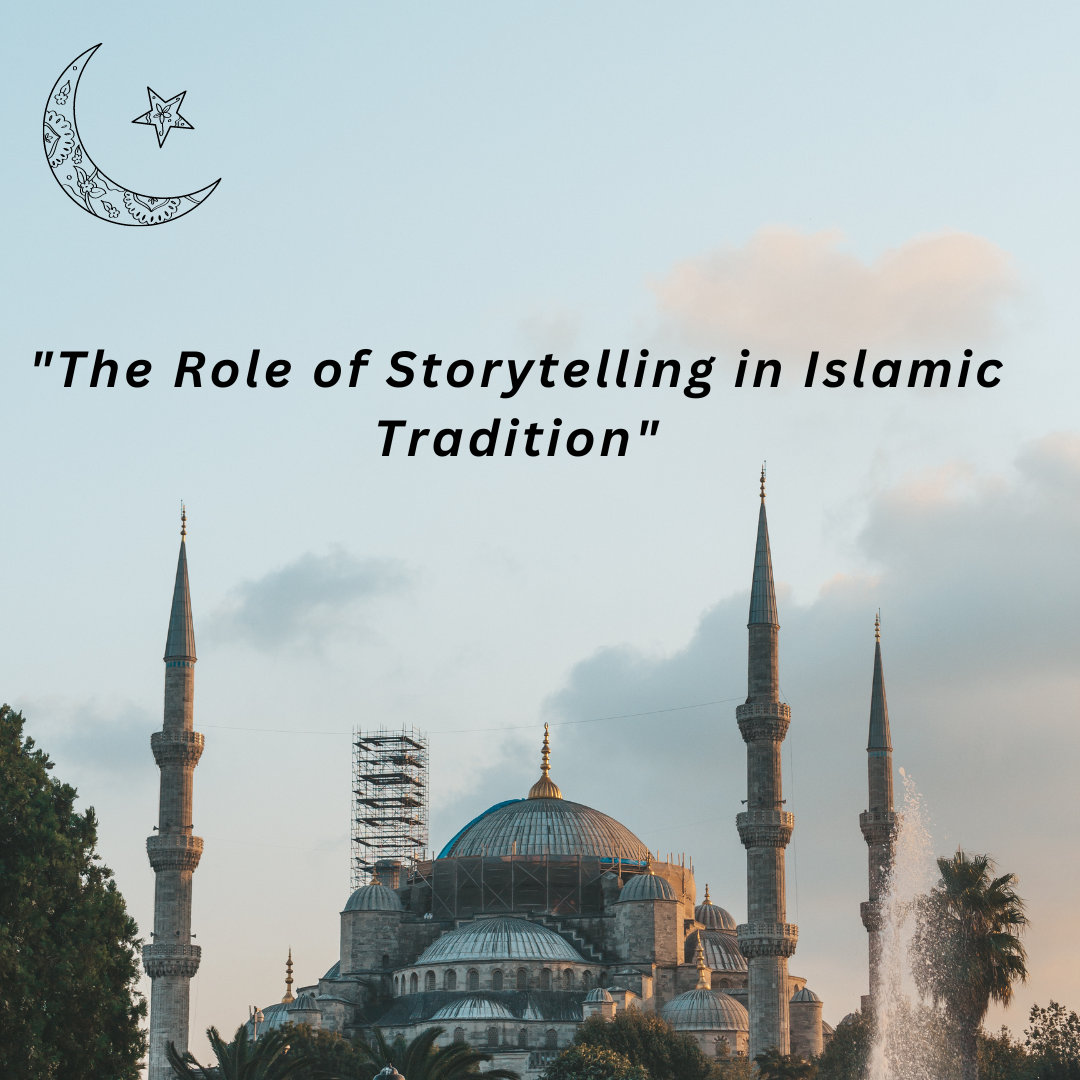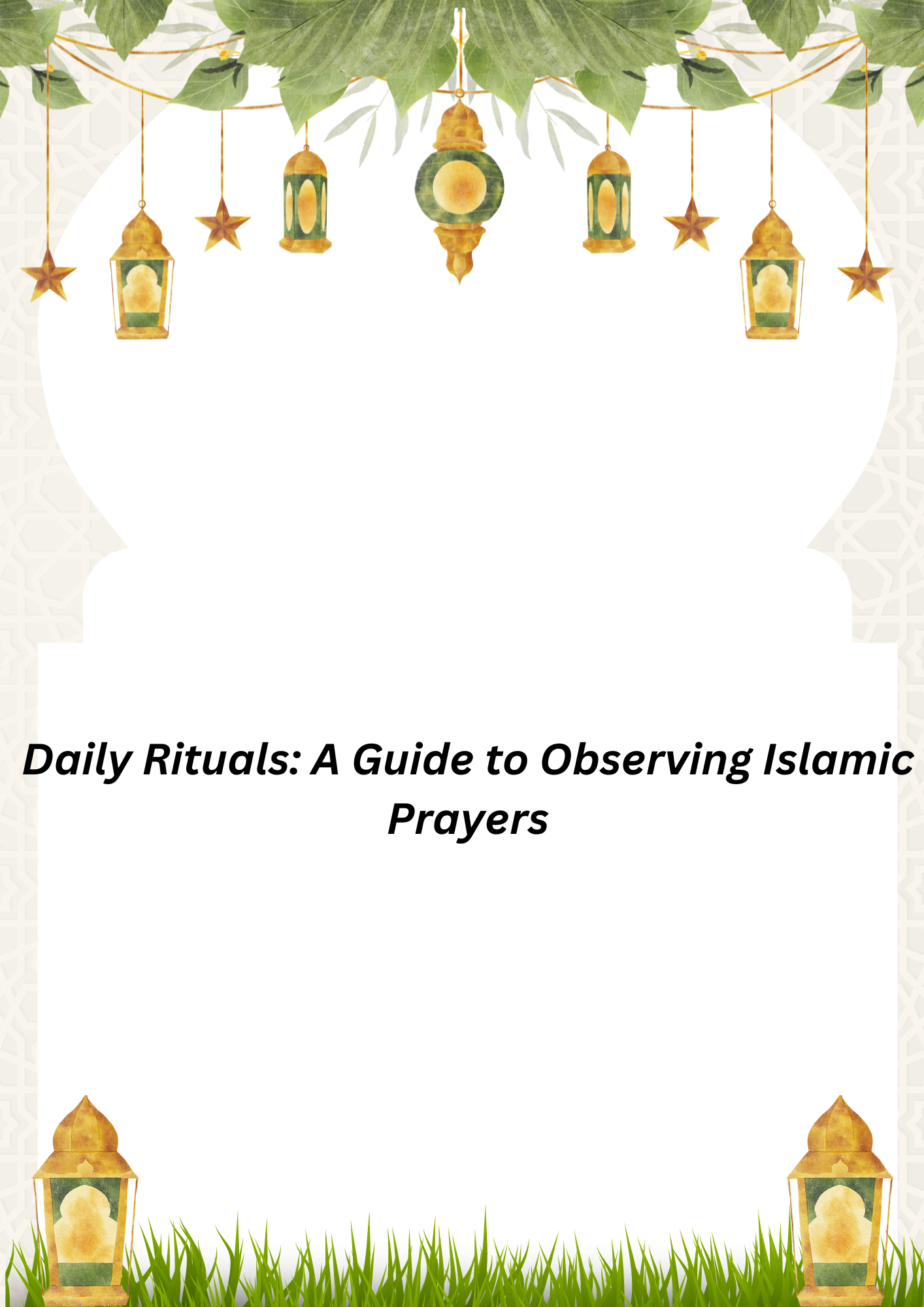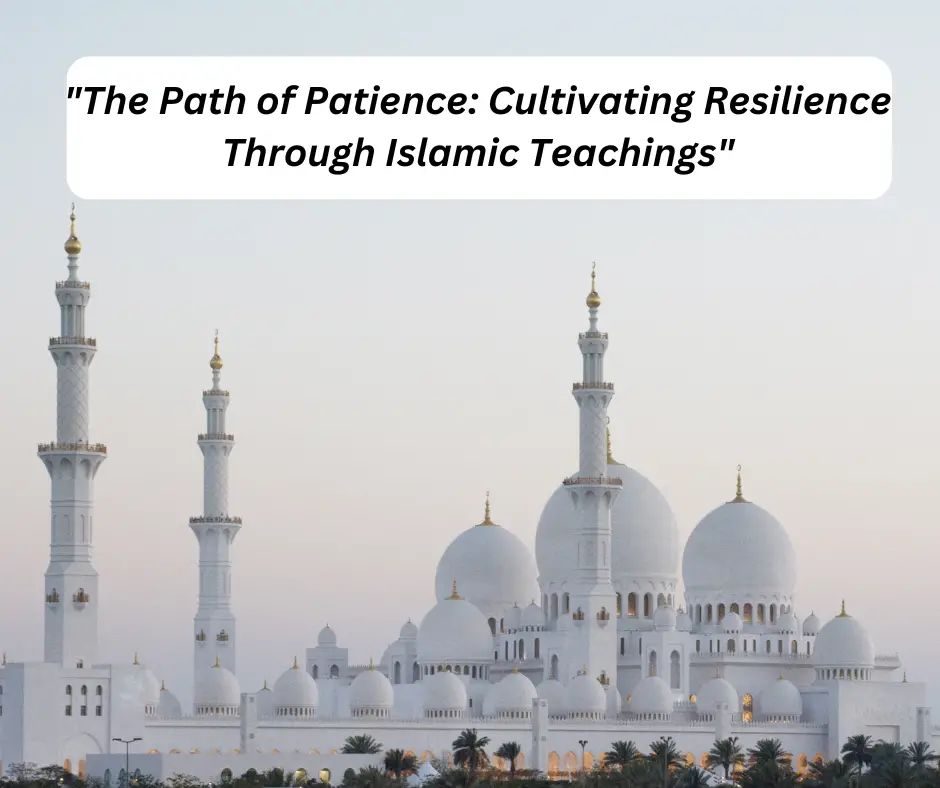Storytelling is a powerful medium for conveying complex ideas, preserving cultural heritage, and imparting moral values. In Islamic tradition, storytelling holds a significant role, serving as a tool for education, spiritual growth, and cultural continuity. This article delves into the multifaceted importance of storytelling within Islam and how it has been utilized throughout history to shape and inspire the Muslim community.
Historical Roots of Storytelling in Islam
The tradition of storytelling in Islam can be traced back to the Quran itself, which is replete with narratives about prophets, communities, and moral lessons. These stories are not mere tales but are intended to provide guidance, instill wisdom, and encourage reflection. The Quranic stories are known as “Qisas al-Anbiya” (Stories of the Prophets) and include the lives of figures such as Prophet Adam, Prophet Noah, Prophet Abraham, and many others. Each story serves to reinforce key Islamic teachings and principles.
Educational Tool
- Moral and Ethical Lessons: Storytelling is an effective way to teach moral and ethical values. The stories of the prophets and their communities highlight virtues such as patience, perseverance, faith, and justice. They also warn against vices like arrogance, deceit, and injustice. These narratives provide clear examples for Muslims to emulate in their daily lives.
- Simplifying Complex Concepts: Complex theological and philosophical concepts can be challenging to grasp. Storytelling simplifies these ideas by illustrating them through relatable and memorable narratives. This makes the teachings of Islam accessible to people of all ages and educational backgrounds.
- Cultural Preservation: Through stories, the rich cultural heritage of the Islamic world is preserved and passed down through generations. Traditional tales, folktales, and historical anecdotes keep the history and values of the Muslim community alive.
Spiritual Growth
- Inspiration and Motivation: The stories of the prophets and righteous individuals serve as a source of inspiration and motivation. They demonstrate the power of faith and the importance of steadfastness in the face of adversity. These narratives encourage Muslims to remain committed to their faith and to strive for excellence in their spiritual and worldly pursuits.
- Connection to the Divine: Storytelling in Islamic tradition often emphasizes the relationship between humans and Allah. By recounting the trials and triumphs of past prophets and believers, Muslims are reminded of Allah’s mercy, justice, and omnipotence. This fosters a deeper connection to the divine and strengthens faith.
- Reflection and Contemplation: Stories encourage reflection and contemplation. The lessons embedded within these narratives prompt Muslims to think critically about their own lives and to seek ways to improve their character and conduct in accordance with Islamic teachings.
Social and Cultural Continuity
- Community Building: Storytelling has a unifying effect, bringing people together to share in a collective experience. In Islamic tradition, stories are often shared in communal settings such as mosques, religious gatherings, and family circles. This helps to build a sense of community and shared identity.
- Role Modeling: Through storytelling, exemplary figures from Islamic history are brought to life. These role models provide tangible examples of how to live a righteous and fulfilling life. Young Muslims, in particular, benefit from these narratives as they shape their understanding of what it means to be a good Muslim.
- Transmission of Knowledge: Oral storytelling has historically been a primary method for the transmission of knowledge. Before the widespread availability of written texts, Islamic scholars and teachers relied on oral tradition to educate their students. This ensured that Islamic teachings were preserved and propagated across generations and regions.
Conclusion
Storytelling is an integral part of Islamic tradition, serving as a powerful tool for education, spiritual growth, and cultural continuity. Through the narratives of the prophets and other righteous individuals, Muslims are provided with clear moral and ethical guidelines, inspiration for their spiritual journey, and a sense of community and identity. By preserving and sharing these stories, the Muslim community continues to honor its rich heritage and uphold the timeless values of Islam



